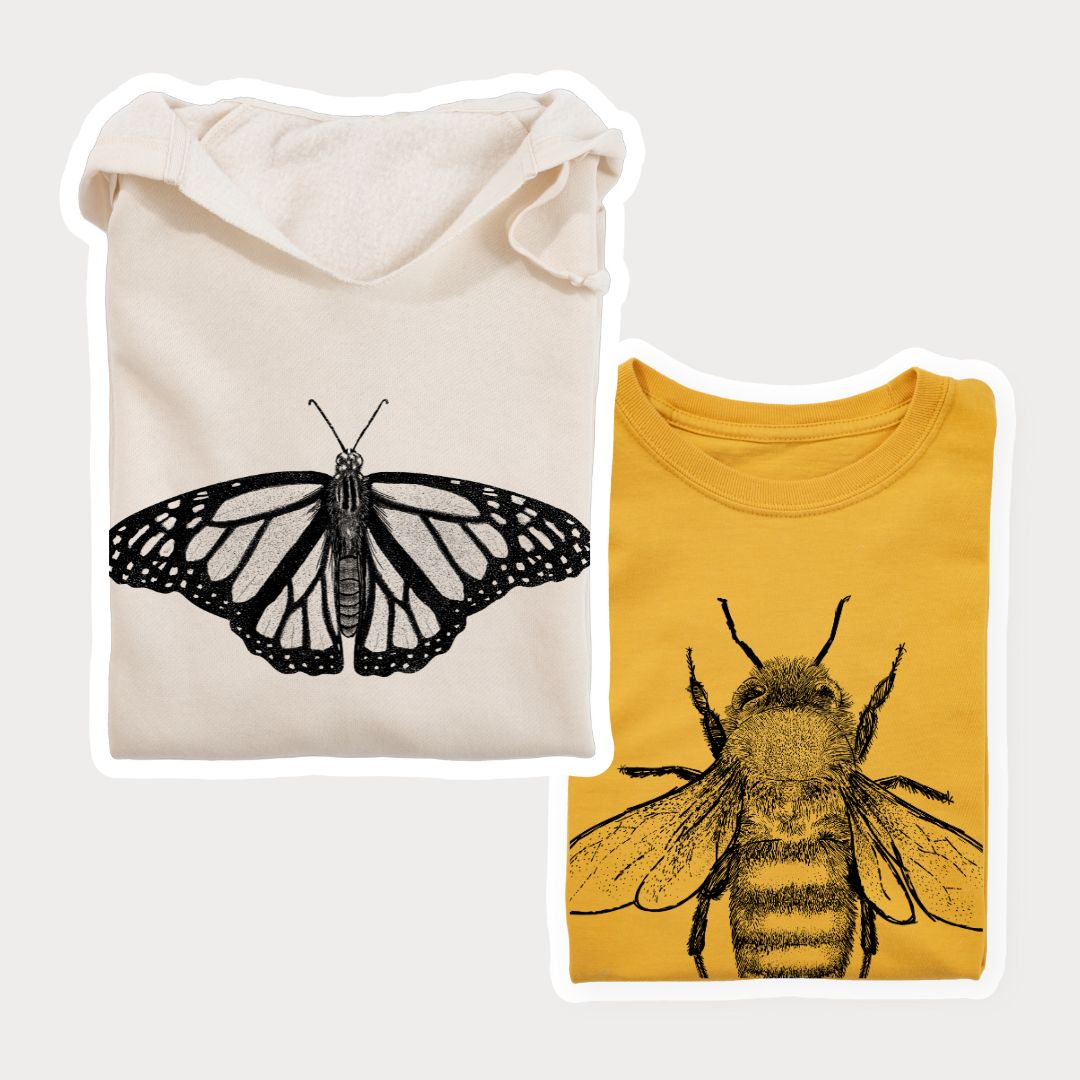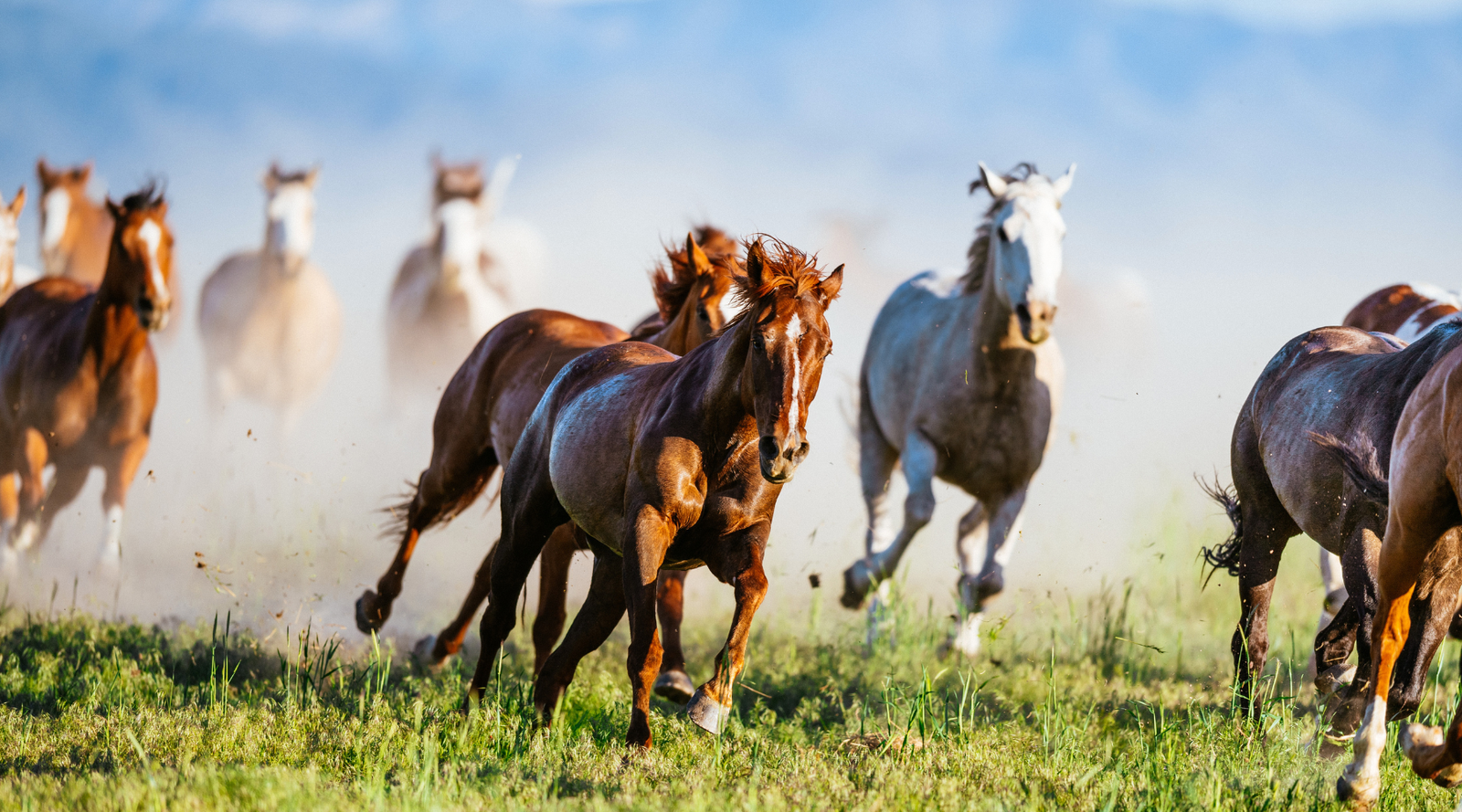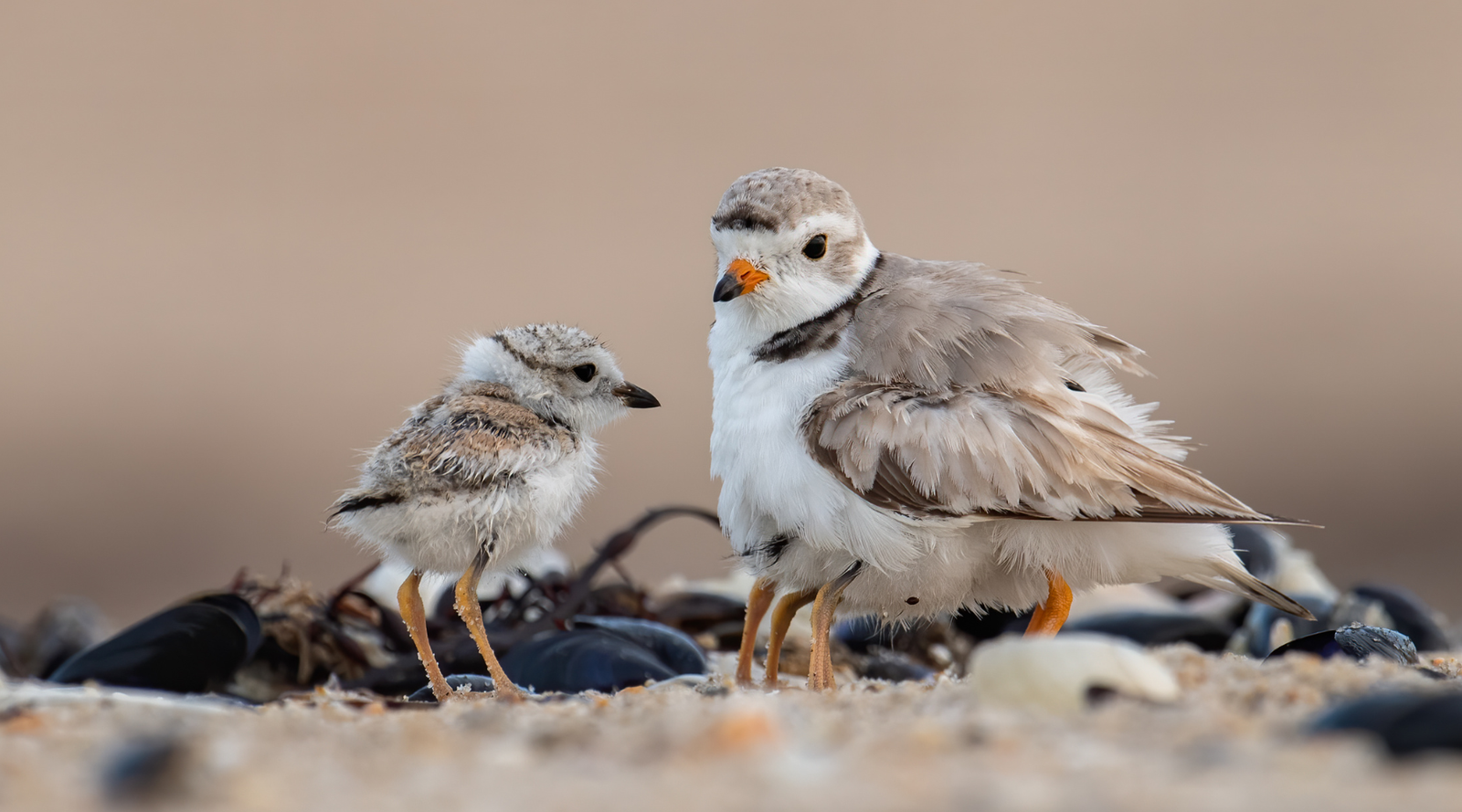World Elephant Day: What You Need to Know
World Elephant Day takes place every year on August 12th. Co-founded in 2012 by Canadian Patricia Sims and the Elephant Reintroduction Foundation in Thailand, each year on this date, World Elephant Day aims to raise global awareness of the need to protect Asian and African elephants from the threats they face. The hope is that organizations and individuals will unite in voicing concerns for the future of this majestic animal to support their conservation.

The Importance of Raising Awareness About Threats Facing Elephants
Elephant Population Declines
The African forest elephant is Critically Endangered, and the African savanna elephant and Asian elephant are both Endangered on the IUCN Red List of Threatened Species. IUCN assessments in 2021 found that African forest elephant numbers fell by more than 86% over a period of 31 years, whilst the number of African savanna elephants decreased by at least 60% over the previous 50 years. The IUCN estimates there has been an overall population decline in Asian elephants of 50% since 1945.
What Are the Main Threats to Elephants?
Poaching for ivory and meat remains a problem. There’s also now a growing trade in elephant skin, which is used for jewelry. WWF estimates that around 15,000 animals are killed every year for ivory, which is an average of 40 per day.
Habitat loss is a major issue, due to commercial development, the creation of highways, and agricultural development for crops such as palm oil and rubber tree plantations.
Elephants are still being trafficked for tourism purposes, then held in captivity and mistreated. Many wild elephants are trained to perform for tourists and give rides by using fear-based methods to tame them and force them to do what their handler requires. Whilst kept in captivity, they often suffer from malnutrition, isolation, bodily harm, and mental distress.

What Can Be Done to Help Elephants?
Supporting ethical tourism
Tourists must be encouraged to only engage in ethical tourism, whereby if elephants are involved, they are only viewed in non-exploitative and sustainable environments.
Protection of their habitat
According to the IUCN, anti-poaching measures, supportive legislation, and land use planning that allows for coexistence between wildlife and humans have been the key to successful elephant conservation. As a result some forest elephant numbers have stabilised in Gabon and the Republic of the Congo.
Banning ivory sales
Thankfully, many countries have been putting stricter regulations into place around ivory sales over the years. However, there's still ivory sales taking place, with elephants being poached for their tusks still a real problem.
Consumer demand for only sustainable palm oil
If consumers demand that products must only contain palm oil that is sustainable, this will help to reduce the amount of habitat loss taking place.
Raising awareness
Raising awareness globally about the need to protect elephants is incredibly important. World Elephant Day aims to do just that. The more that word is spread about the plight of elephants, the better. Our elephant tees are a great conversation starter!

Did You Know?
Elephants are the world's largest land animal. African adult males weigh up to 6 tonnes, while smaller Asian elephants can still weigh up to 5 tonnes. Calves aren't exactly small either, weighing in at around 264 lb.
Females live in herds, whereas males tend to live alone. They all need a very large amount of space to roam, and so they're shrinking habitat causes real issues.
Perhaps one of the most important facts about elephants is that they are a keystone species. They play a critical role in the ecosystem in various ways, including:
- Digging holes in riverbeds during dry seasons, which creates waterholes that other animals drink from
- The seeds in their dung helps plants spread throughout their environment
- They trample over overgrown brush, helping sunlight to reach smaller plants that otherwise couldn't grow
- They clear pathways in dense forests, enabling other animals to pass through
Learn more about why elephants are a keystone species.

Visit the World Elephant Day website to find out more information about World Elephant Day. Want to show your love for these majestic creatures? Our range of elephant apparel and accessories will do just that. Choose from elephant tees, elephant tumblers, and more in our African Elephant and Geometric Elephant collections.















Leave a comment (all fields required)